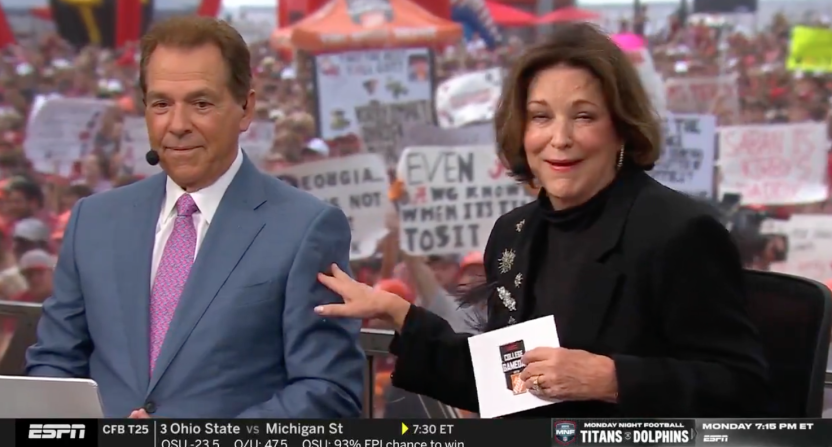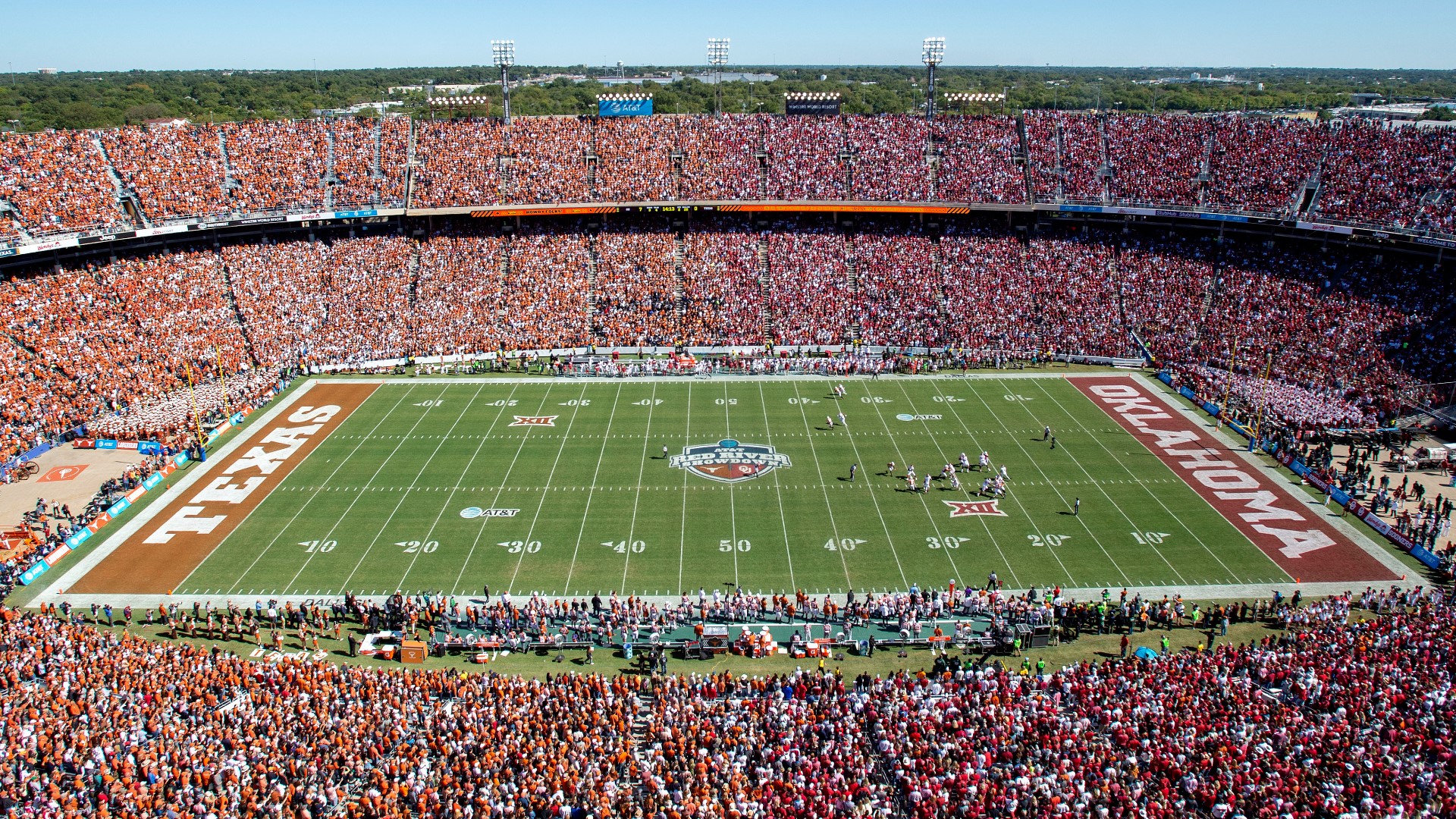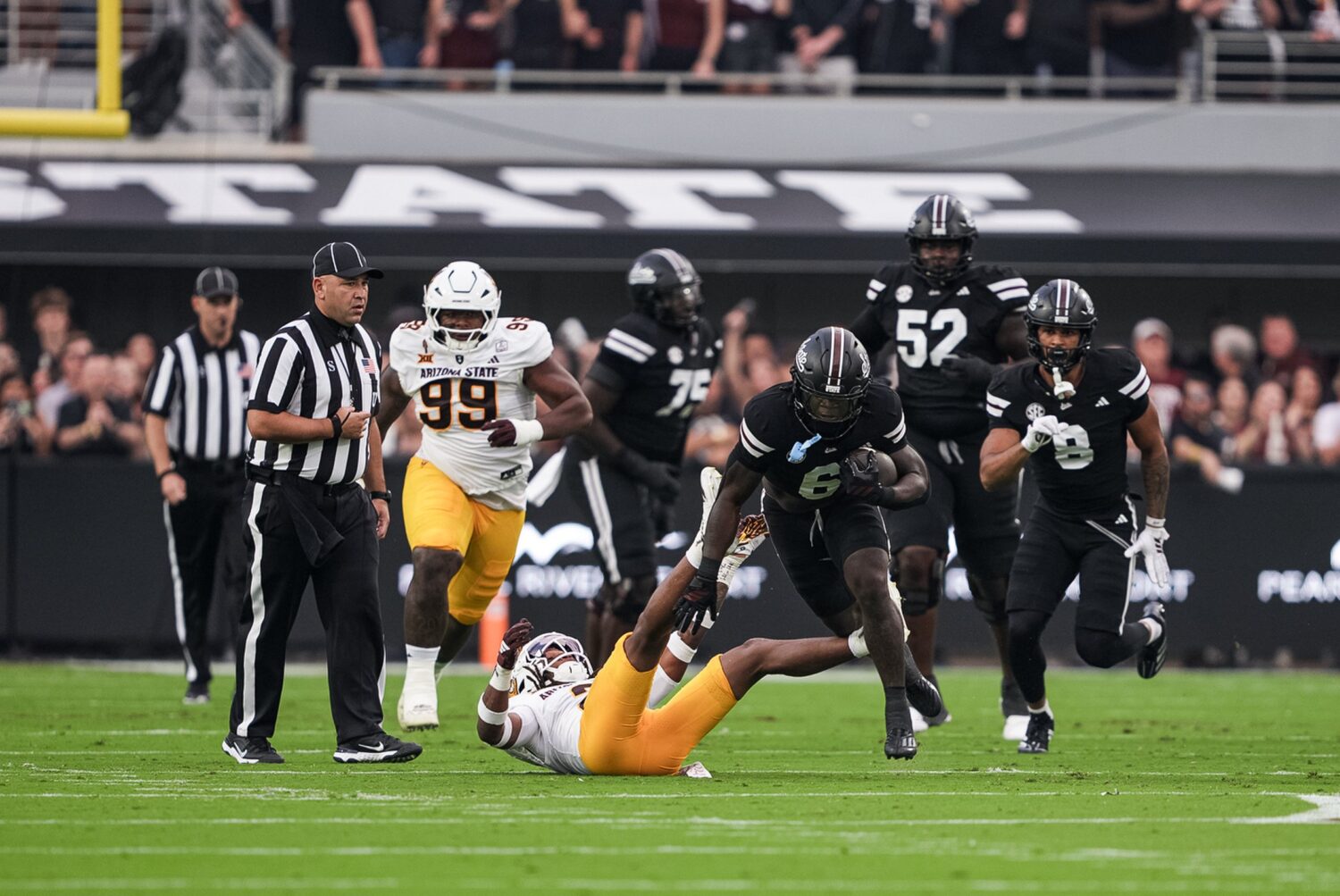The college football world has been rocked over the past few years with the introduction of the transfer portal and NIL. These changes have redefined what it means to be an “amateur athlete.”
Talk to any CFB fan and you will hear any number of things regarding the transfer portal and NIL. Some like it, some want to get rid of it, some just accept that it is part of today’s college sports world. Some will argue these changes have made college sports just like professional sports and that it takes away from what college athletics is supposed to be. It seems clear that there is no going back to the old ways, but we can’t stay where we are.
So, what needs to change?
The NFL Teams are businesses at their core. They exist to make money for the owner. In this sense, the players are simply employees of the business. This feels backwards as often the players are the face of the team, think Tom Brady in New England or Patrick Mahomes in Kansas City.
When a player enters the NFL via the draft or free agency, they will negotiate with a team usually ending with a set pay for a finite amount of time. Generally, they are locked into that contract and cannot leave for a different team, unless some agreement is reached between the player and the team. This ensures stability between the player and the team, knowing the player is available for the team (unless there is injury or some other issue) and can play if they need him. In return, this player is given a salary.
In college, we do not see this stability. Players can now contract their Name, Image, and Likeness to outside companies to do commercials but that is something the NCAA or the Schools cannot control. However, most schools now have NIL programs that will sign players and pay them a sum of money to play.
The problem is that there exists no protection for the school. South Carolina fans are still all too familiar with what happened to Juice Wells this past season. Wells entered into multiple deals and got paid well after a stellar 2022 campaign, but an alleged foot injury kept him off the field for most of the 2023 season. He then immediately entered the portal for another SEC school. South Carolina’s NIL program spent money on a player who ultimately did not contribute really at all in 2023 and then left.
In order to protect the integrity and stability of the sports world, changes need to be enacted. One course of action would be to require that bigger NIL deals require a commitment from the player that they will stay at the University for a certain time frame. Of course, certain events could nullify those requirements, namely the player entering the NFL draft. This would provide some certainty for the schools but could also encourage them to do more for players.
Schools that pay out money to a player only for the kid to transfer a year later may cause the school to be cautious about paying out players. If we standardized the pay from the school and required a time commitment to be set within the NIL contracts, preferably 2+ year time requirement from the player, then we should finally see some stability and certainty with the college sports world. Standardizing or at the very least limiting the amount a school can offer (much like a salary cap in the NFL) will also prevent bigger school such as Oregon, Alabama, Ohio State, etc. from being able to out-pay any other school.
Accordingly, a standardization/limit on how much a school can spend, with additional time commitments from the player will ensure two things. One, schools with lower NIL budgets could still compete for top talent. Two, players will have to commit to a school and will not be able to hop around for bigger and bigger NIL deals, thus providing some stability and less turmoil each offseason with the portal exploding with players.
This change would push college sports to look more like professional sports, but this change would tame the out-of-control NIL offers and constant transfer portal use.









